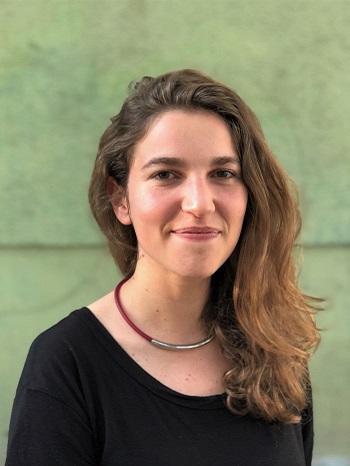Valeria Beggiato M.A.

Ancient Philosophy and History of Ancient Science (APhil/HistAS)
Philosophie
Institut für Klassische Philologie
Unter den Linden 6
10099 Berlin
10/2021
Promotionsstudium in Ancient Philosophy and History of Ancient Science im Pad Ancient Philosophy an der Humboldt-Universität zu Berlin
10/2015 – 5/2019
Masterstudium in Philosophie an der Humboldt-Universität zu Berlin
Masterarbeit: Heidegger und Augustinus: die phänomenologische Interpretation der Confessiones
10/2011 – 12/2014
Bachelorstudium (Laurea Triennale) in Philosophie an der Università degli studi di Roma La Sapienza
Bachelorarbeit: Music and Language in the Evolutionary Perspective: from Drawing to Fitch
Time as distentio – Three approaches to time in St. Augustine: between Plotinus and Paulus
My project aims to reconstruct Augustine’s account of time by means of an extensive analysis of Confessions XI in relation to other relevant Augustinian texts, including De Musica, De civitate Dei and De Genesi ad litteram, and in comparison with the neoplatonic and Judeo-Christian conceptions of time to which Augustine refers, with particular attention to Plotinus and Paulus.
The work will explore how Augustine’s discourse on time evolves along three levels of investigation - ontological, epistemological and moral - which leads to three different understandings of time: a psychological or subjective account, in which time is defined as distentio animi; a complementary physical or objective account, understood as temporal order created and governed by God; and an existential or moral account of human temporality, in which Augustine displays two alternative modalities of existence in relation to time: distentio and intentio.
I aim to clarify how these three accounts are compatible and interdependent with one another, marking Augustine’s departure from a Neoplatonic speculative approach, towards a Christian conception, influenced by St. Paulus eschatological and apocalyptic thought.
Diese Dissertation wird gefördert durch ein Promotionsstipendium des Einstein Center Chronoi.
